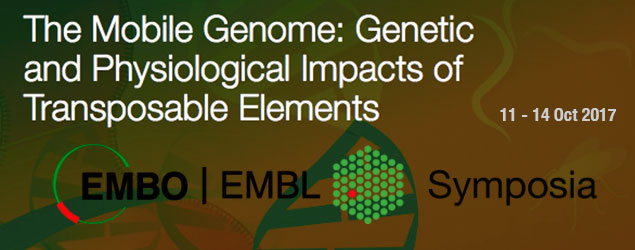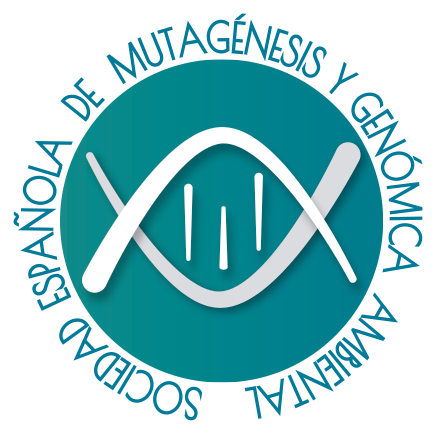
Topics
The meeting will stimulate interdisciplinary discussions on various key topics, including:
- The impact of mobile DNA on genome structure and evolution.
- Novel advances in the mechanism of transposition and transposon defense.
- Developmental and physiological roles of transposition.
These discussions will facilitate multi-disciplinary collaborations and greatly improve the common understanding of mobile genetic elements, as well as genome structure and function in general.
Why attend?
Transposons are abundant in most genomes and constitute about 50% of the human genome. They are usually considered genomic parasites, the mobilisation of which can cause harmful genetic mutations.
Various mechanisms have evolved throughout the tree of life to defend genomes from the deleterious effects of transposition. Curiously, the past couple of years have brought about seminal discoveries showing that transposons also have functions essential to their host. For example, they play key roles in mammalian development, neurogenesis, and immune response. These novel findings suggest that transposons have widespread vital functions and call for thorough investigation in all genomes and organisms.
Aims
This symposium aims to facilitate the development of this emerging view by bringing together world-leading experts from diverse areas of biology including genomics, structural biology, microbiology, developmental biology, plant biology and neurobiology.
More information:
https://www.embo-embl-symposia.org/

